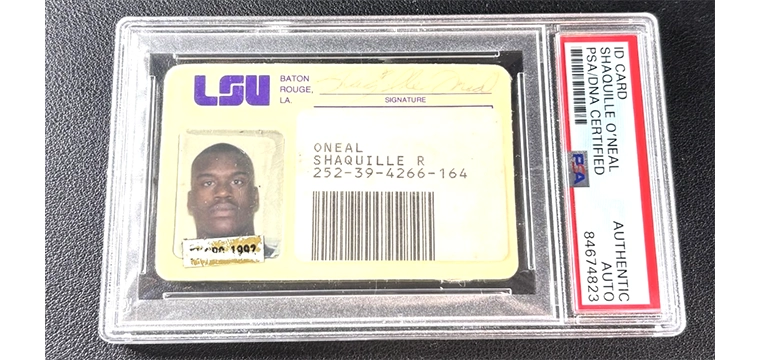
Navigating the future of hosted services
If you’ve been around campus card systems long enough, or been included in enough campus IT conversations, chances are you’ve heard the term “SaaS.” The shorter and sweeter way to say “Software as a Service,” the SaaS model is quickly becoming the go-to model for hosting software systems across virtually every industry vertical, higher education included.
The trend toward hosting campus card instances off premise and moving away from dedicated, on-campus servers has already reached a significant number of institutions, and it’s high time that we all become acquainted with what this means.
Let’s use CR80News as an example. A decade ago, the CR80News web server lived in our office in the coldest room we could manage – which in Florida can be a challenge even in the winter months. Then shared hosting became the norm. CR80News.com moved to the shared hosting model when we purchased a physical server that was housed in a regional data center – in our case, Atlanta – complete with a redundant facility somewhere in California. We operated the box in Atlanta in much the same way as the one that lived with us locally, with the only difference being geographic location. It would be akin to moving the box that holds your card system to an IT facility somewhere else on campus.
Five or six years ago, we moved from shared hosting to a SaaS model that has removed the need for a dedicated server altogether. Instead we now operate on shared servers around the globe. Depending on the individual viewers location, overall web traffic and various other factors, the web site might be served from one of a dozen or so locations.
Despite this sounding far out, we actually feel safer in this service model because fire, flood or robbery no longer pose a threat to our operation. All the while from a reader perspective you didn’t see any change in website experience, in the same way students would not be affected by the decision to host a card system in a different way.
From personal experience, CR80News was able to move away from a model that is already starting to seem archaic. In many industries including publishing, dedicated on-premise hosting is already a thing of the past. And if progress made by other verticals is any indicator, it’s less a question of if, but rather when the SaaS model will become the de-facto choice for campus card systems.
Now that you’ve got an idea of what moving to the SaaS model looks like in practice, it’s important to be acquainted with the basic terminology. For starters, “SaaS” isn’t a technology; it’s a business model. Under the SaaS umbrella, there two primary methods of deployments:
Multi-tenant
A truly multi-tenant solution is a hosted system where many tenants share the same database and related applications. The data related to numerous client instances of an application is stored in the same database. The database and application architecture uses logical separation that prevents clients from seeing or making changes to each other’s data.
Single-tenant
Single-tenant SaaS systems are typically virtualized systems where the provider can spin up a fresh instance of their application including a dedicated database for a client. It is provided as a service, but fails to obtain all of the economies of scale possible with multi-tenant.




